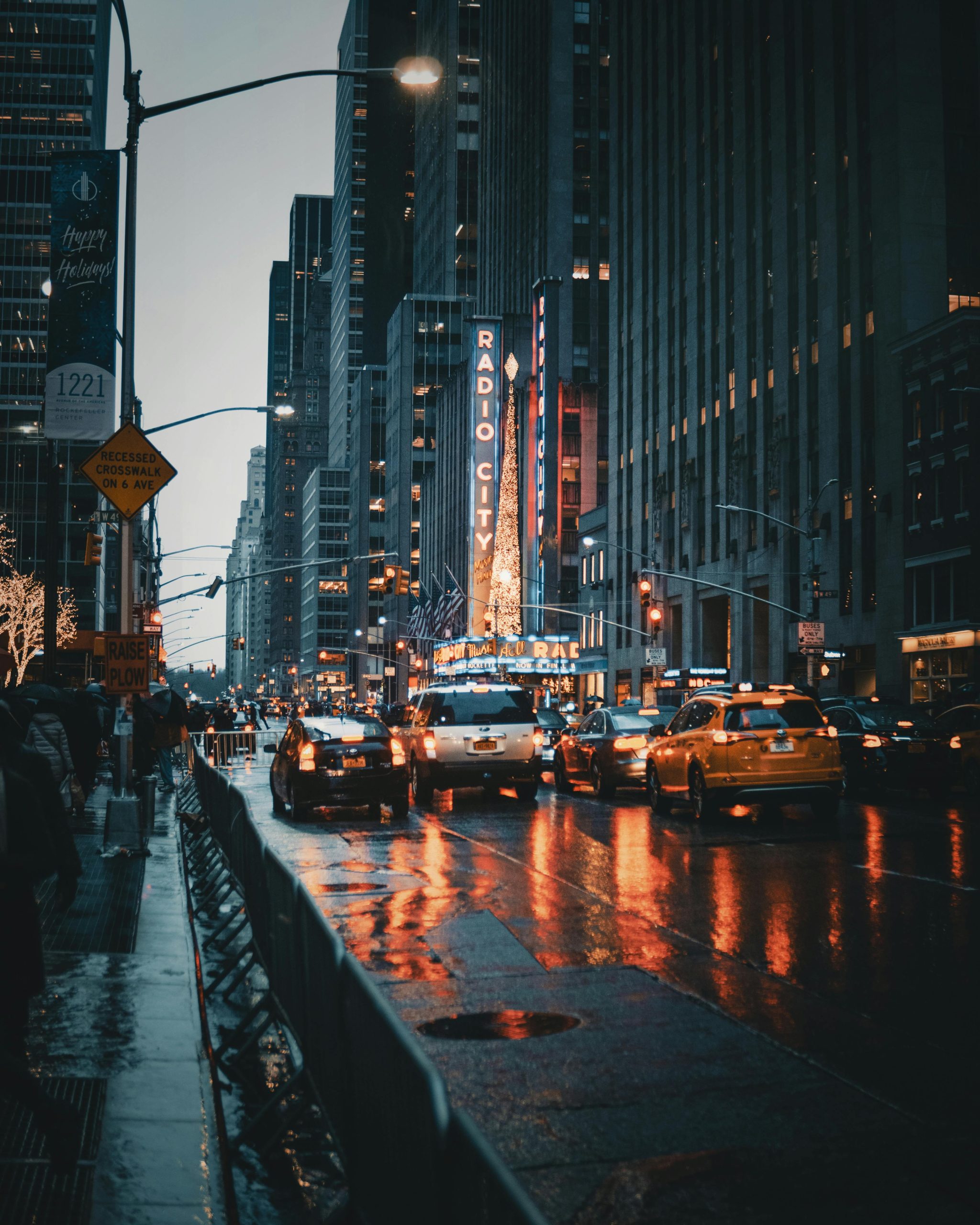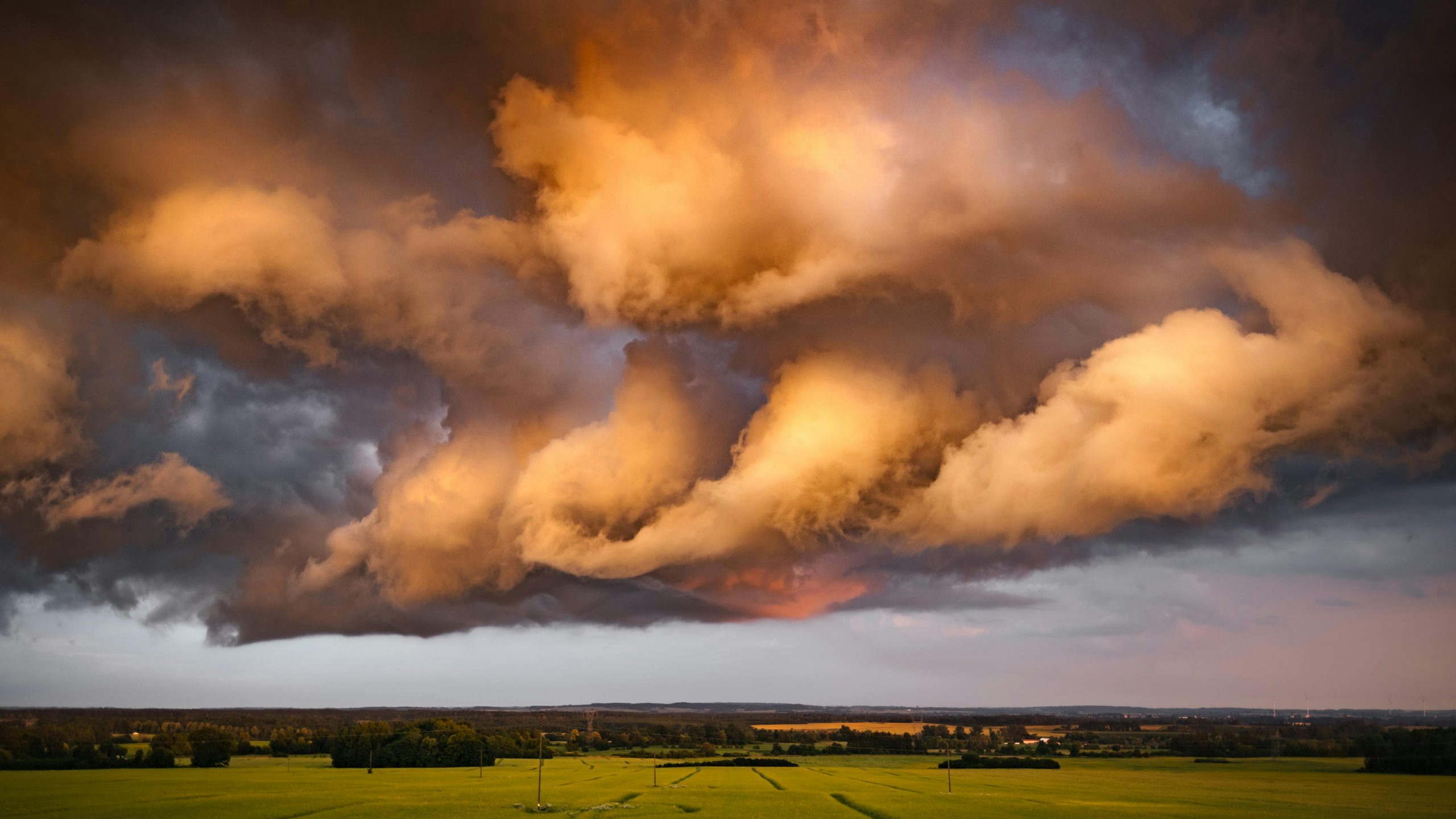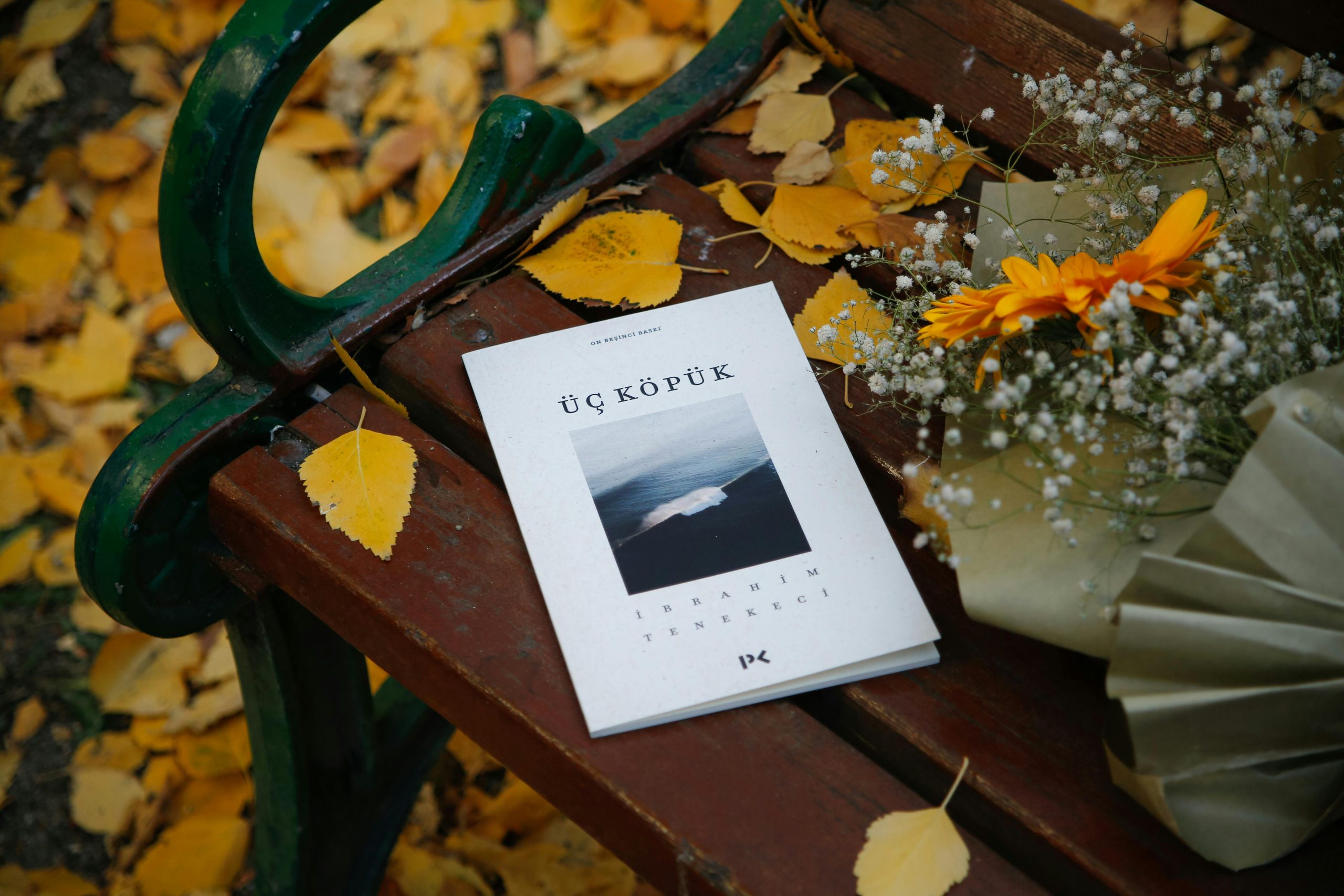Guidance on Handling a Minor Accident with an Unlicensed Driver
Experiencing a rear-end collision can be stressful, especially when the other party is unlicensed and uninsured. If you find yourself in such a situation, the following insights can help you navigate the complexities of settling the incident while ensuring your interests are protected.
The Incident Overview
Last Saturday, I was involved in a minor collision where my vehicle was rear-ended. The damage is limited to a scratched rear bumper panel, but the circumstances are somewhat complicated. The other driver, who lacks a valid driver’s license and insurance, has proposed settling this matter privately rather than going through insurance channels.
What I Know
I have gathered several pieces of important evidence from the accident, including:
– Video footage capturing the incident, along with the license plate and faces of both the driver and passenger.
– Photographic evidence of the damage to my vehicle.
– The contact number of the driver and identification details of their passenger.
Unfortunately, the body shops are closed today, and I’m unable to obtain an estimate for repairs until Monday. My insurance provider is GEICO, and I maintain collision coverage.
Questions to Consider
1. Claims Submission and Insurance Notification
With Monday being the earliest I can obtain a repair quote, am I running against any deadlines to submit a claim? Should I notify GEICO of the accident today, mentioning my intention to resolve the matter privately without initiating a claim at this point?
2. Collision Deductible Waiver
Since the other driver is uninsured, am I eligible for the waiver on my collision deductible under my policy? Understanding this could significantly influence my financial responsibility in this accident.
3. Impact on Insurance Premiums
Even though I was not at fault—evidenced clearly through the gathered documentation—could this incident still adversely affect my insurance premiums in the long run? It’s crucial for me to understand how my insurance might respond in relation to claims and future rates.
Conclusion
Dealing with an unlicensed and uninsured driver after an accident can be challenging. It’s essential to weigh your options carefully, especially if considering a private settlement. Keeping an open line of communication with your insurance provider while preserving your rights and interests is vital. Gathering all necessary documentation and seeking clarity on your policy’s stipulations can ultimately guide you toward making the best possible decision.



